Over the past decade, college enrollment in America has significantly declined. With the ever-increasing price tag for education and many companies removing degree requirements, some say a diploma is no longer necessary for success.
However, a new study has shown that there is one big reason to graduate college: People who go to college may live several years longer than those who don’t.
Why Aren’t Americans Going to College?

It’s important to understand that, for decades, attending a four-year college or university was considered absolutely essential for professional and financial success in the United States.
But that has changed recently. According to the Pew Research Center, the total number of 18-24-year-olds enrolled in college was down 1.2 million from 2011.
With Fewer Americans Attending College, Companies Are Making Changes, Too

One of the main reasons young Americans are no longer attending four-year universities is the exorbitant cost. The average university diploma now costs around $104,108, and many Americans have decided they simply don’t want to start their lives in extreme debt.
Because fewer young professionals have attended college, many companies, such as Google, IBM, and Apple, no longer require applicants to have college degrees, as they have found that a piece of paper doesn’t dictate the kind of employee a person will be.
Graduates Aren’t Making Enough Money

Because attending college has become incredibly expensive for so many, students are often left disappointed once they do graduate college and enter the workforce. This is because they aren’t making enough money.
They’ve paid a lot — or taken out a lot of loans — to get a degree in the first place. However, now this degree isn’t bringing them in enough money to successfully deal with their bills and a high cost of living.
New College Graduates’ Advice

As many new college graduates have opened up about how it seems like their degree hasn’t helped them earn more money, other people may begin to think less about obtaining a university degree.
Americans may increasingly begin to feel that going to college just isn’t worth it. As employers have also begun to hire more people sans a diploma, this new trend could persist.
Upcoming Retirements

Employers could continue to offer more jobs to those with only high school diplomas as a result of a change in the generational workers. As more senior citizens leave the workforce to retire, employers will need to fill their spots.
If they can’t find enough workers with college degrees, they may lower the requirements and offer positions to those without any university experience.
A Change in Training
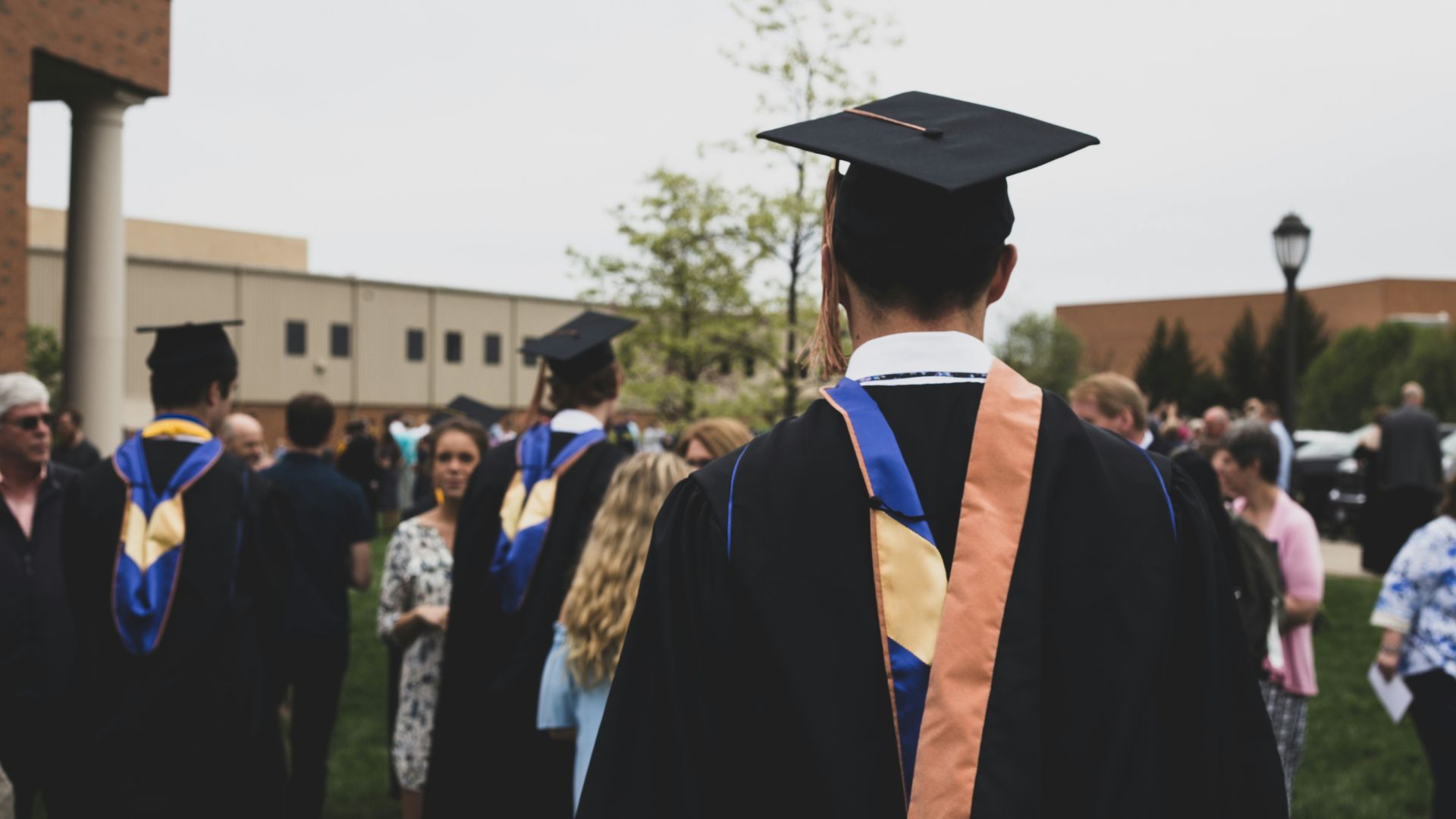
Many jobs require their workers to be college-educated. Most of them don’t actually need employees to have these degrees. What they need instead is proper training for that specific job.
If more employers choose to look less at university experience, they could put more emphasis on training their workers instead.
There Are Still Upsides of Getting a College Degree

It’s important to note that even though many companies no longer require college degrees, getting that diploma still has its upsides. For example, between two applicants with almost identical resumes, the person who went to college will certainly have a better chance of getting the job.
Economists at Princeton University recently found another potent benefit: Americans with college degrees live longer than those without one.
Life Expectancy in America

The average life expectancy of Americans has always been quite an interesting topic. As a world leader and one of the wealthiest countries on the planet, one might expect the USA to have one of the highest average life expectancies.
But that is certainly not the case. The average life expectancy for an American is currently 79.11 years; however, other countries like Japan and Switzerland have much higher averages at 85.03 years and 84.45 years, respectively.
Why Is America’s Average Life Expectancy So Low?

There are several theories as to why Americans don’t live as long as residents of other countries, but one commonly supported hypothesis is that the USA simply has fewer social safety policies.
Many specifically blame America’s healthcare system for the country’s unimpressive life expectancy. Thanks to expensive premiums, more than 26 million Americans don’t have health insurance and even those who do still have to pay for care. Therefore, to avoid the hefty bill, many people don’t go to the doctor when they should.
A Lack of Social Policies Also Affects the Health of Americans

Additionally, some studies have found that the average life expectancy of Americans significantly varies, depending on where they live.
Those who live in states with more regulations for social policy, including laws that require residents to pay taxes on cigarettes or wear a seatbelt in the car, tend to live longer than those in states that don’t.
American Life Expectancy Dropped During the COVID-19 Pandemic

Of course, certain events, such as the COVID-19 pandemic, have also affected the country’s average life expectancy.
In fact, there was a 2.4-year decrease in the nation’s life expectancy between 2019 and 2021, thanks to the widespread virus. But luckily, since 2022, it has been steadily rising again.
Research Found Something Very Interesting About Life Expectancy in the USA
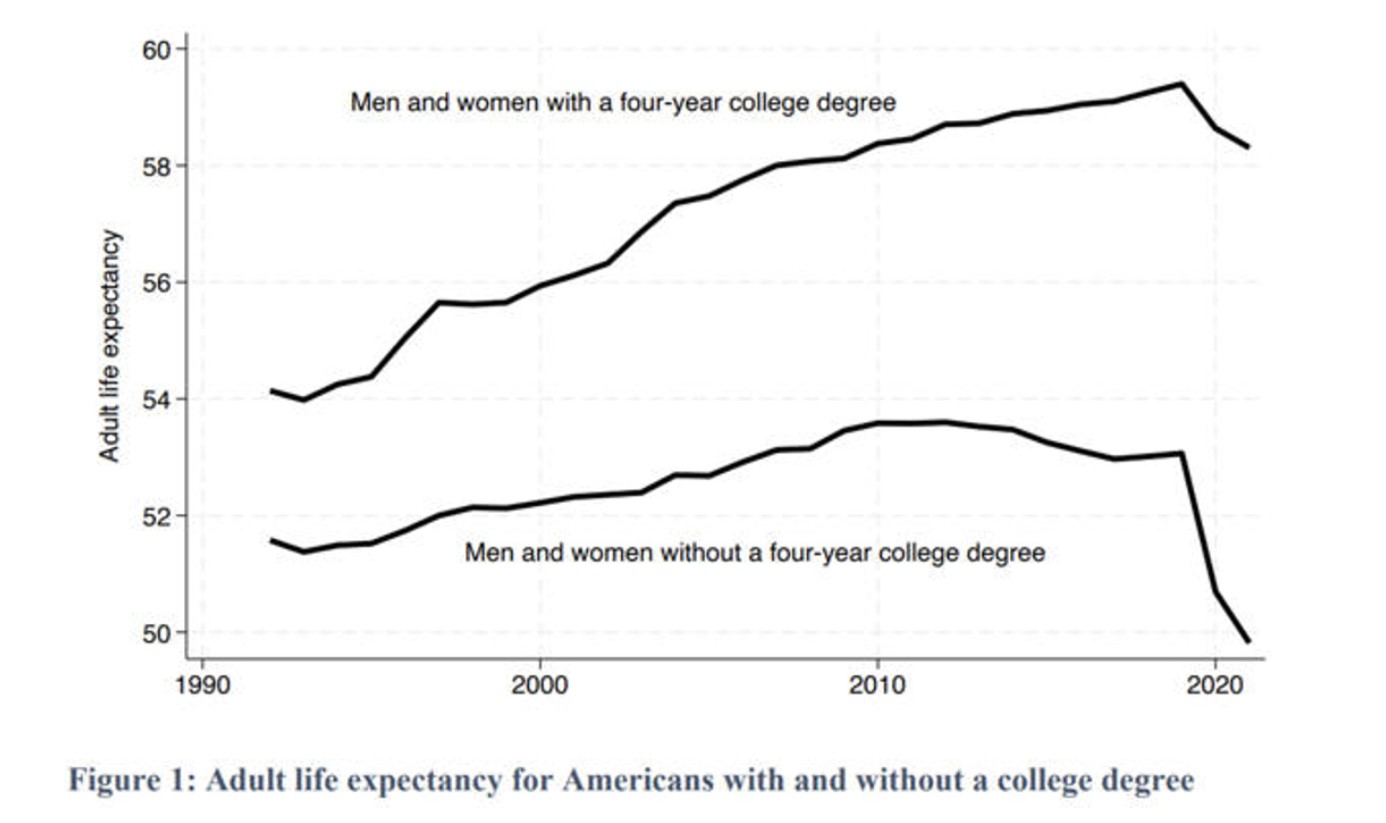
Economists Anne Case and Angus Deaton from Princeton recently collected extensive data regarding the life expectancy of Americans, especially the differences between those who attended college and those who did not.
And they found something exceptionally interesting: In the 1990s, there was a fairly narrow gap of only 2.5 years in life expectancies between college graduates and non-graduates. But as of 2021, that divide had become an 8.5-year chasm.
Understanding the Data

According to Case and Deaton’s data, in 2021, a college-educated American could expect to live more than 83 years, whereas a non-college-educated American shouldn’t expect to live past 75.
Of course, their data wasn’t able to explain why this phenomenon has occurred, but the economists do have a few ideas.
Better Jobs, Better Healthcare

Because one of the leading causes of America’s low life expectancy is the country’s unimpressive healthcare system, one of the most commonly accepted ideas is that college-educated Americans are living longer because they have better jobs.
Most corporate companies provide health insurance coverage to their employees. Therefore, those working minimum wage jobs don’t have the same access to healthcare as a corporate employee.
Higher Wages

Those with college degrees may also live longer because they make higher wages. With potentially more money in their pocket, these Americans can pay more money for better healthcare services, if needed.
The college-educated also have a higher chance of having more job opportunities in different fields. This could naturally lead to obtaining jobs that don’t necessarily harm one’s physical body.
Tough Jobs
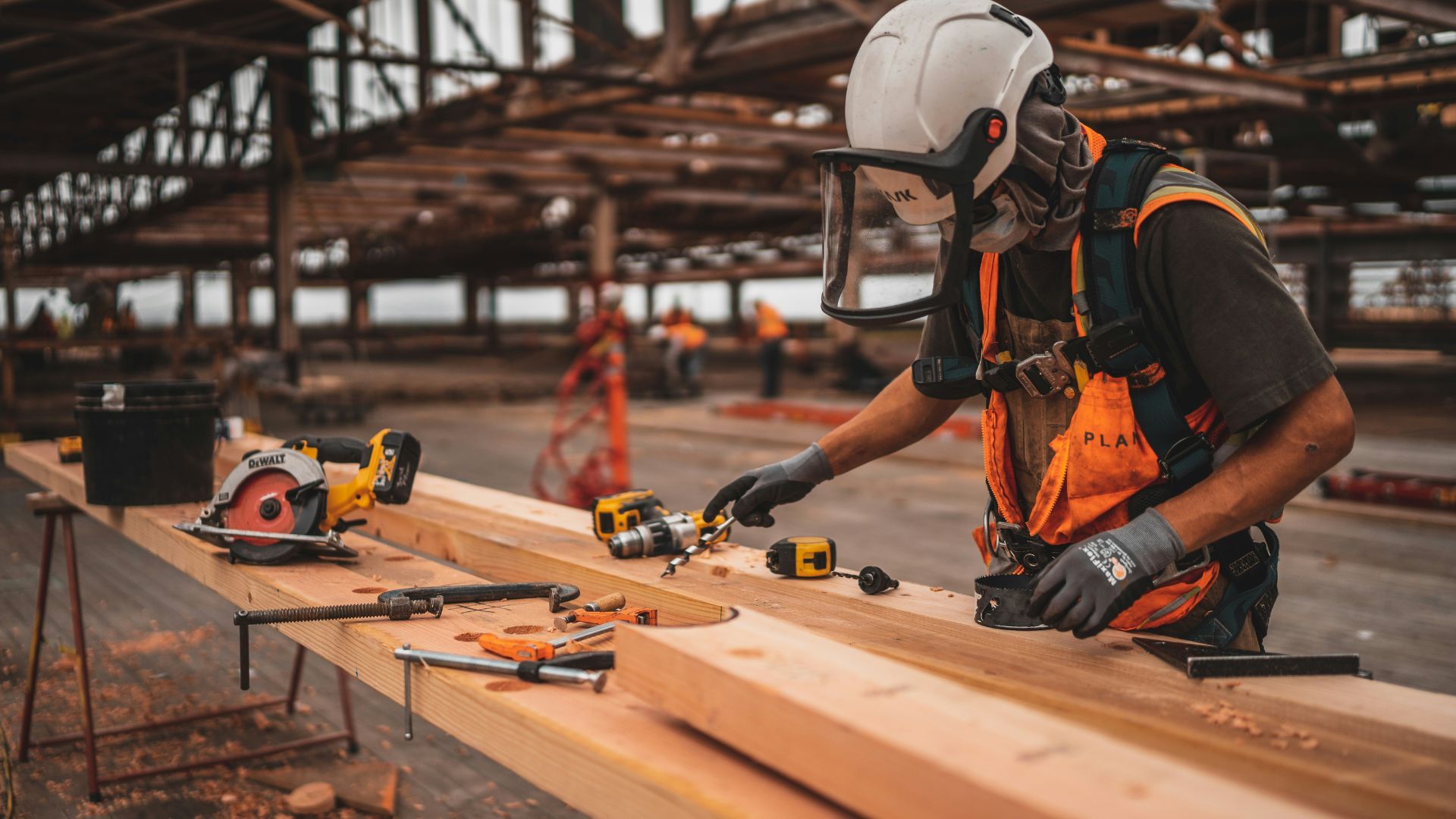
By comparison, those who don’t have college degrees might not have the same opportunities. They may have to choose careers that could physically weaken them over time, such as construction or warehouse careers.
These tough jobs, therefore, could eventually become detrimental to their health after years — or decades.
A Difference in Community

Researchers of this study also took a look at how communities can differ in the United States. According to Case and Deaton, many workers without degrees have a much higher chance of living in areas that have been severely impacted by the opioid epidemic.
As this epidemic can greatly reduce one’s lifespan, the researchers believe this could be yet another reason why this sect of the population isn’t living as long.
Inequalities Among Workforce

This latest study also reveals yet another inequality that can exist in the American workforce. Overall health is clearly different from those who have college degrees and those who don’t.
The study’s researchers took a look at these inequalities and explained how detrimental these issues can be to Americans and their life expectancy. If all U.S. citizens were able to have the beneficial healthcare that college-educated Americans do, the entire country would be healthier.
America Without These Healthcare Issues

Almost two-thirds of the U.S. population do not have college degrees. This means that a majority of Americans can be expected to live shorter lives than their more educated counterparts.
“If all Americans had the life expectancy of those who are college educated, the United States would have been one of the best performers among the rich countries in terms of life expectancy, not the worst,” Case and Deaton wrote in a New York Times op-ed. “It is the experience of those without college degrees that accounts for America’s failure.”
Is This Normal?

After finding these astonishing discoveries about the inequalities in the health of those with and without a college education, Case and Deaton then looked to see if this alarming trend could be found in any other country.
Unfortunately, this situation is quite unique to the U.S. The only other regions that saw a trend like this were the former Communist countries in East Europe once the Soviet Union fell.
Not a Rich Country Problem
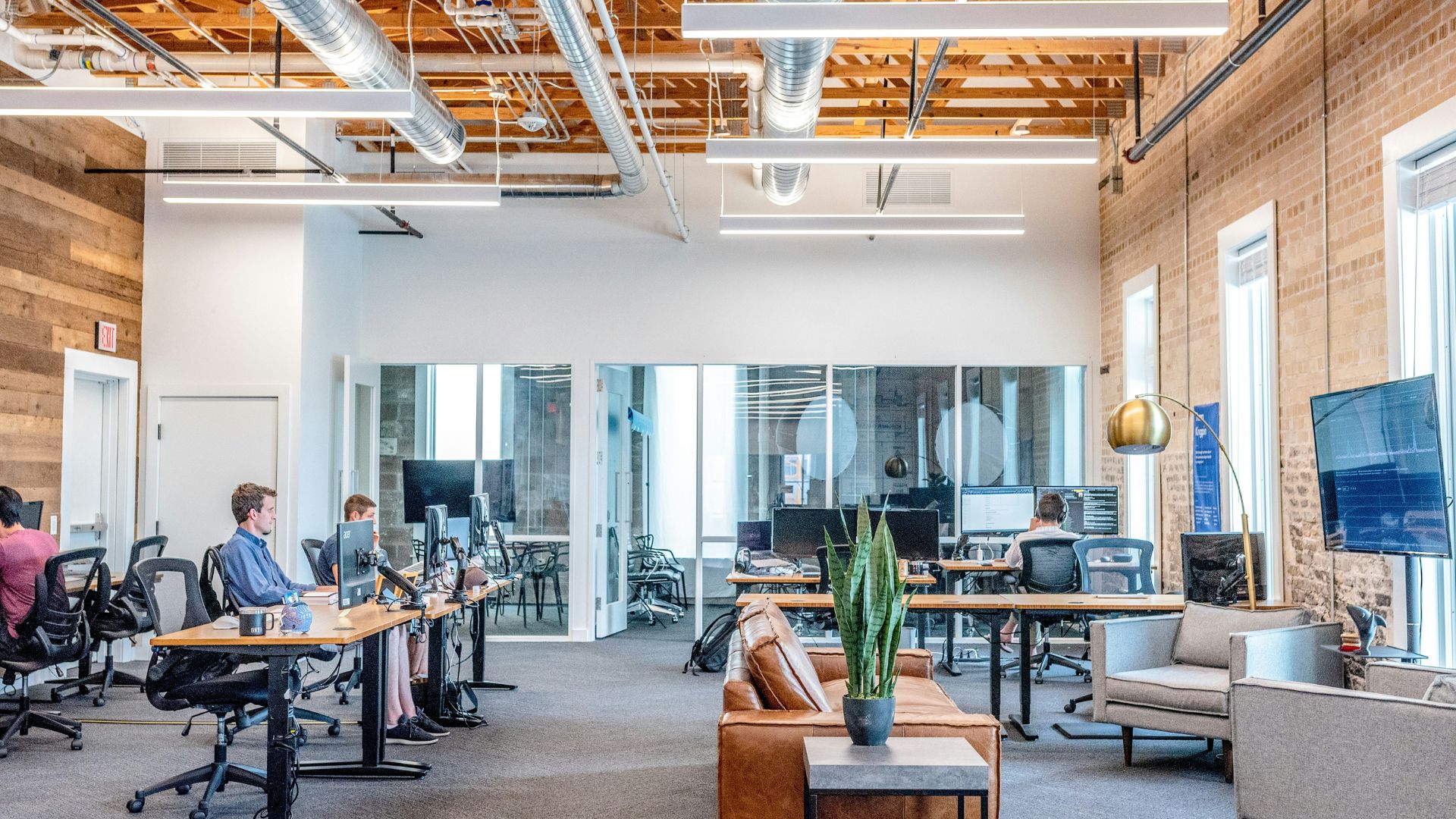
Thanks to Case and Deaton’s additional research, they can therefore confirm that this isn’t a natural problem that exists in complex societies. No other rich country faces this type of issue among its different working classes.
The United States is the only first-world, wealthy country that is currently going through this type of problem. Therefore, our specific society seems to have a pressing issue that may continue to get worse in the near future.
America vs Other Western Nations
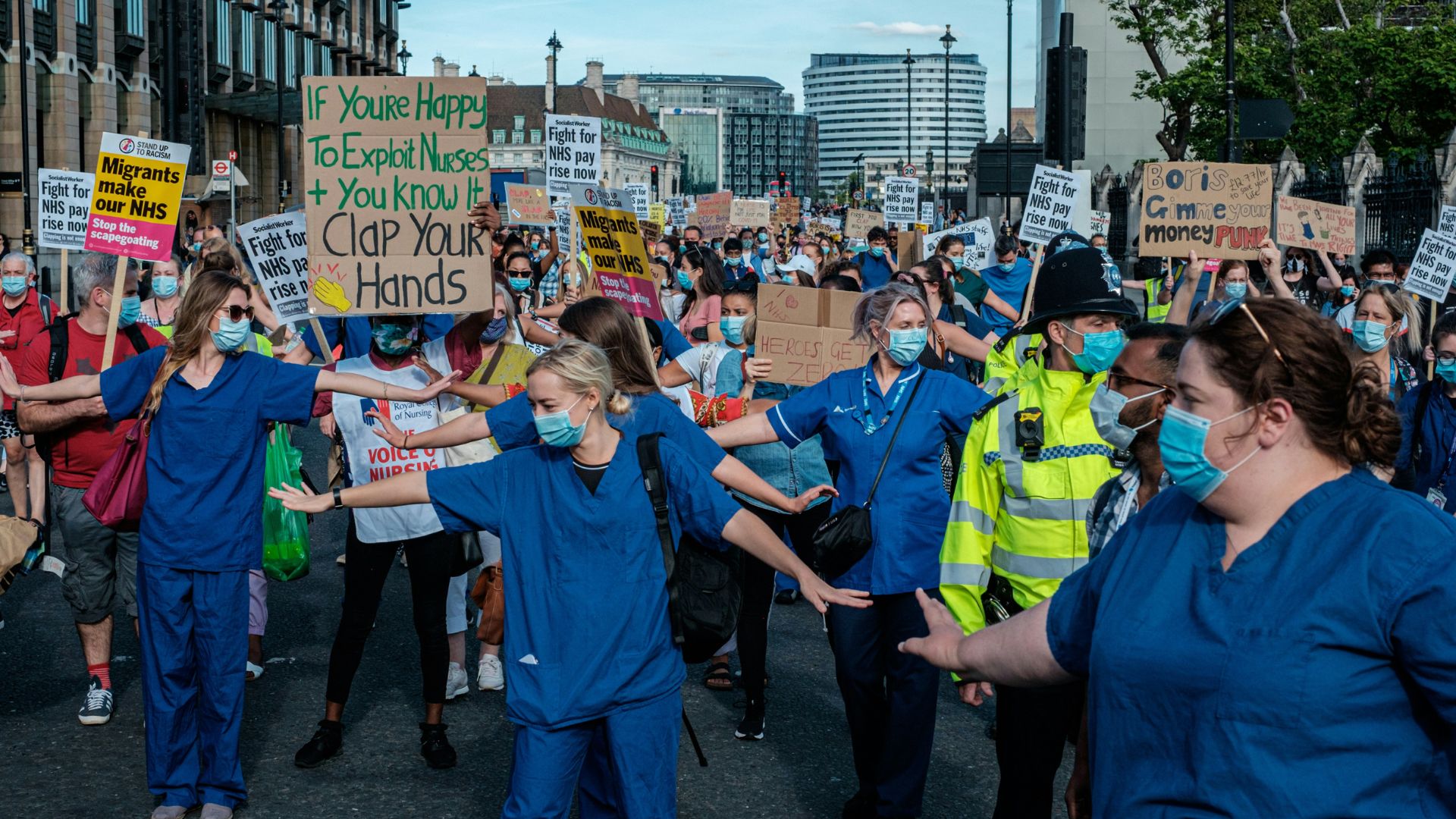
The United States has fallen behind other rich Western nations when it comes to the overall health and lifespan of its citizens for years now. Could the difference in how jobs are organized and run in these other countries also be why this discrepancy remains?
Possibly. Many Western nations are much more kind to workers organizing into unions — and therefore changing how many jobs that don’t require college degrees are run. The U.S., meanwhile, has seen a decline in labor unions.
Will the Number of American College Graduates Continue to Decline?

It will be extremely interesting to see if this statistic changes over the next few years as fewer young Americans enter the workforce with a college degree.
However, even if the gap closes slightly, the base truth—that Americans with college degrees typically live longer than those without them—is unlikely to change.
